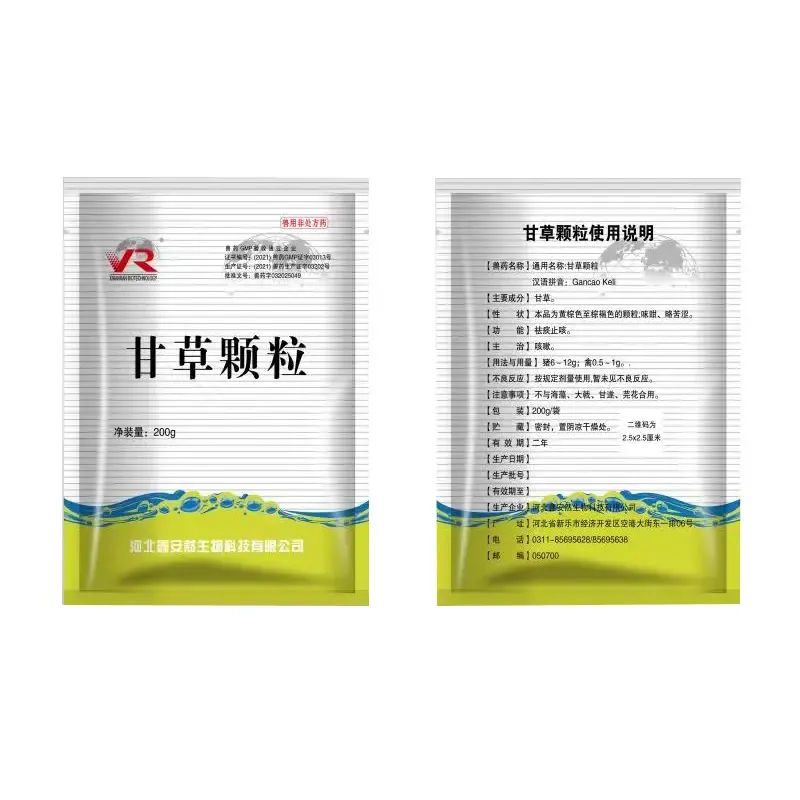- Afrikaans
- Albanian
- Amharic
- Arabic
- Armenian
- Azerbaijani
- Basque
- Belarusian
- Bengali
- Bosnian
- Bulgarian
- Catalan
- Cebuano
- Corsican
- Croatian
- Czech
- Danish
- Dutch
- English
- Esperanto
- Estonian
- Finnish
- French
- Frisian
- Galician
- Georgian
- German
- Greek
- Gujarati
- Haitian Creole
- hausa
- hawaiian
- Hebrew
- Hindi
- Miao
- Hungarian
- Icelandic
- igbo
- Indonesian
- irish
- Italian
- Japanese
- Javanese
- Kannada
- kazakh
- Khmer
- Rwandese
- Korean
- Kurdish
- Kyrgyz
- Lao
- Latin
- Latvian
- Lithuanian
- Luxembourgish
- Macedonian
- Malgashi
- Malay
- Malayalam
- Maltese
- Maori
- Marathi
- Mongolian
- Myanmar
- Nepali
- Norwegian
- Norwegian
- Occitan
- Pashto
- Persian
- Polish
- Portuguese
- Punjabi
- Romanian
- Russian
- Samoan
- Scottish Gaelic
- Serbian
- Sesotho
- Shona
- Sindhi
- Sinhala
- Slovak
- Slovenian
- Somali
- Spanish
- Sundanese
- Swahili
- Swedish
- Tagalog
- Tajik
- Tamil
- Tatar
- Telugu
- Thai
- Turkish
- Turkmen
- Ukrainian
- Urdu
- Uighur
- Uzbek
- Vietnamese
- Welsh
- Bantu
- Yiddish
- Yoruba
- Zulu
کانونی یەکەم . 03, 2024 18:45 Back to list
ivermectin and clorsulon injection uses
The Uses of Ivermectin and Clorsulon Injection in Veterinary Medicine
In the world of veterinary medicine, the use of effective antiparasitic agents is crucial for maintaining the health and productivity of livestock. Among these agents, Ivermectin and Clorsulon stand out due to their potent activity against a wide range of parasites. This article explores the uses, mechanisms, and benefits of Ivermectin and Clorsulon injection, especially in cattle and other livestock.
Understanding Ivermectin and Clorsulon
Ivermectin is a member of the avermectin family and is primarily used to treat an array of parasitic infections. It works by binding to glutamate-gated chloride channels in invertebrate nerve and muscle cells, leading to paralysis and death of the parasites. This makes it highly effective against nematodes, arthropods, and certain protozoa.
On the other hand, Clorsulon is specifically effective against adult liver flukes, primarily Fasciola hepatica, which can cause significant health issues in livestock. Clorsulon’s mechanism of action involves the inhibition of glycolysis in flukes, leading to their eventual death. When combined, Ivermectin and Clorsulon offer a broad spectrum of activity against both external and internal parasites in livestock.
Applications in Veterinary Practice
1. Cattle Farming The primary application of Ivermectin and Clorsulon injections is in cattle farming. Cattle are often susceptible to a variety of parasitic infections, including internal parasites like roundworms and external parasites like mites and ticks. The combination of Ivermectin and Clorsulon provides a comprehensive solution, tackling both kinds of infestations.
ivermectin and clorsulon injection uses

2. Liver Fluke Management Since liver flukes are a significant concern in regions with high humidity and stagnant water, Clorsulon plays a vital role in controlling these infections. By effectively treating liver fluke infestations, Clorsulon not only ensures the health of the animal but also supports greater productivity in terms of milk and meat production.
3. Prevention of Zoonotic Diseases In addition to their direct effects on livestock health, Ivermectin and Clorsulon injections also help in reducing the risk of zoonotic diseases—diseases that can be transmitted from animals to humans. By managing the parasite populations in livestock, farmers can help prevent the transmission of diseases such as schistosomiasis, which affects humans.
4. Improvement of Animal Welfare Healthy animals are more productive and have a better quality of life. By controlling parasitic infections using these injections, farmers can ensure that their livestock remain healthy, which, in turn, leads to improved animal welfare.
Sustainability and Responsible Use
The use of Ivermectin and Clorsulon must be approached with caution to prevent the development of resistance. Overuse or misuse of antiparasitic drugs can lead to resistance, making treatment less effective over time. Therefore, it is essential for livestock owners to work closely with veterinarians to develop appropriate treatment protocols that include rotation of antiparasitic agents and the implementation of integrated pest management strategies.
Conclusion
Ivermectin and Clorsulon injections play a critical role in modern veterinary medicine, particularly in the care of cattle and other livestock. Their effectiveness against a broad range of parasites not only safeguards the health of the animals but also supports the agricultural economy by ensuring higher productivity. With responsible use and management, these antiparasitic agents can continue to provide significant benefits to livestock farmers and contribute to animal welfare. As the industry evolves, ongoing research and development into new formulations and delivery methods will further enhance the effectiveness and sustainability of these vital veterinary treatments. By adhering to best practices, livestock producers can optimize animal health while minimizing the risks associated with parasite resistance.
-
Guide to Oxytetracycline Injection
NewsMar.27,2025
-
Guide to Colistin Sulphate
NewsMar.27,2025
-
Gentamicin Sulfate: Uses, Price, And Key Information
NewsMar.27,2025
-
Enrofloxacin Injection: Uses, Price, And Supplier Information
NewsMar.27,2025
-
Dexamethasone Sodium Phosphate Injection: Uses, Price, And Key Information
NewsMar.27,2025
-
Albendazole Tablet: Uses, Dosage, Cost, And Key Information
NewsMar.27,2025













